Time to Stick to High-Quality Fundamentals
• Despite a continuation of cacophonic policy news flow (health care tariffs, FED Independence, government shutdown), markets appear not impressed
Welcome! We are the first active equity manager to systematically combine in all our funds:
The higher outperformance probability comes from systematically investing in companies with high scores in the following 5 dimensions:
Our proprietary research on relevant fundamental selection criteria is the foundation of our fundamental model. We published the key results in the Wilmott Magazine
READ the full Wilmott Article
and a shortened version in Finanz und Wirtschaft
READ Article in Finanz & WirtschaftREAD our ARTICO Team Fact Sheet
Companies with high ESG scores will outperform those with low ESG scores, because:
«Best-in-class» ESG strategies often invest with a sole focus on ESG. This can result in undesirable sector and country biases including buying over-priced stocks. We create portfolios with superior fundamental characteristics and very high ESG Scores and very low Carbon Footprint at the same time.
We believe sustainable investing only works if the financial performance is good. There is no reason to accept lower performance for the sake of investing in a sustainable manner. Our own ARTICO ESG factor, developed on the basis of MSCI ESG scores, is a good predictor of future outperformance
The ARTICO Equity Team follows the engagement work and the exclusion list of the SVVK (Swiss Association for Responsible Investments), fully supports the PARIS agreement on climate change and is also a supporter of the TCFD (Task Force on Climate-Related Financial Disclosures).
Published ARTICO Research:
Is sustainable investing a positive or negative contributor to outperformance? And how patient do investors need to be to capitalize on any positive effects? Our research results answer these questions and our conclusions on the required time horizon may come as a surprise for investors hesitating to introduce sustainable investing.
READ the full article published in Wilmott Magazine (Sep 2020)READ our Principles for Responsible Investing
As significant co-investors in our funds we have „skin-in-the-game“. Is there a better way to fully align our interests?
READ why having „skin-in-the game» is essential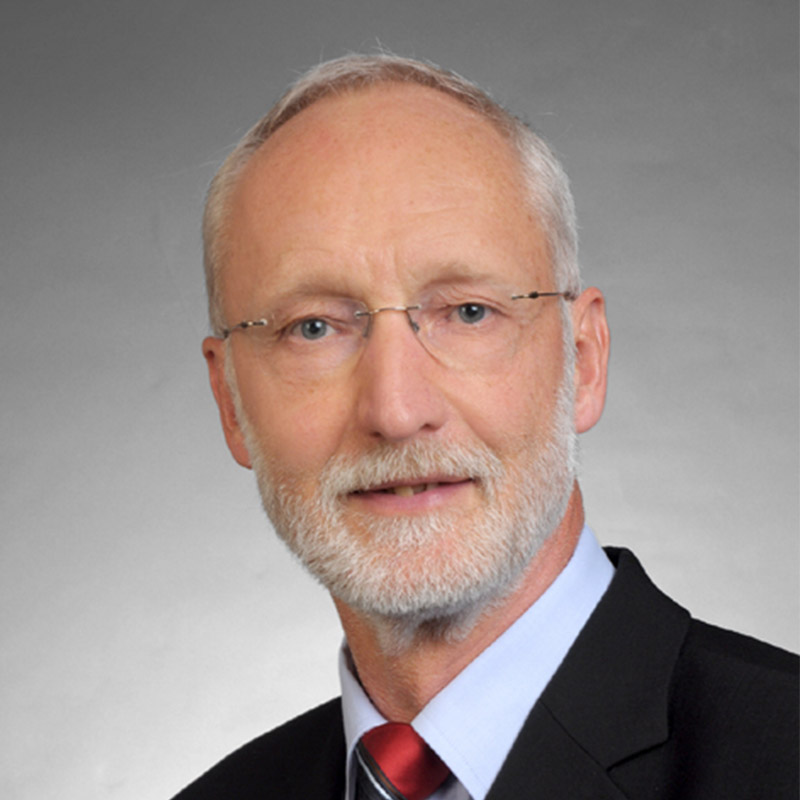
As Chairman of ARTICO Partners, Ulrich oversees the business strategy, the product development and the investment activities of the firm. Operationally, he is directly responsible for Risk Management and Compliance. Ulrich is a Founding Partner of ARTICO.
Ulrich has more than 30 years of investment experience and started his career as quantitative research analyst in 1986 at the then Swiss Bank Corporation. His various functions at SBC and later UBS Global Asset Management included: Chief Investment Officer, Co-CEO Switzerland, Chairman of the Swiss Business and Head of the Alternative Investment Management Business (Private Equity, Hedge Funds, Infrastructure). Ulrich holds a PhD in Nuclear Physics from University of Basle.
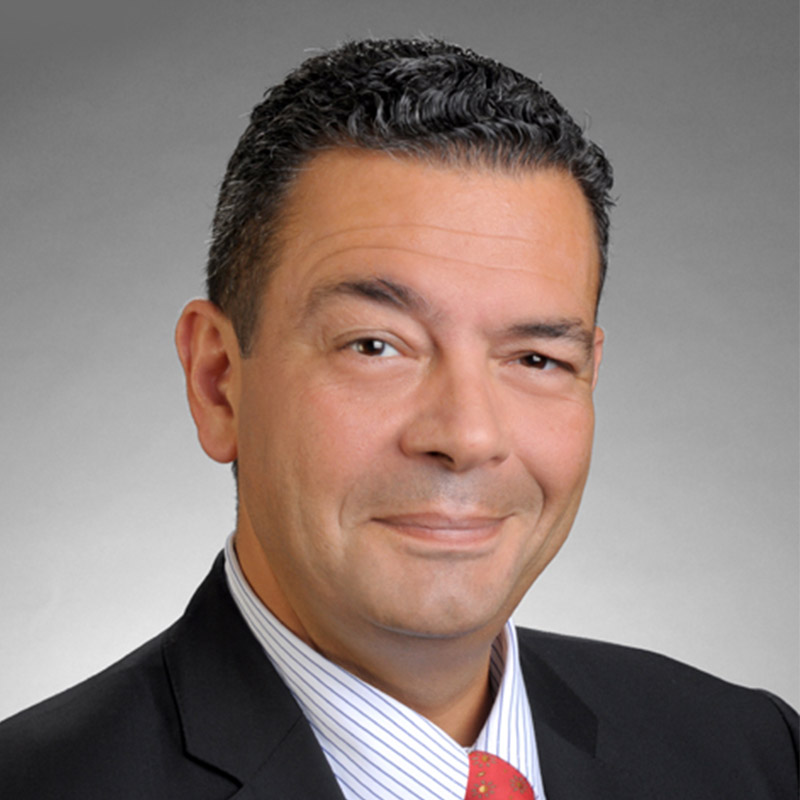
As CEO of ARTICO Partners, Gabriel is responsible for all aspects of the business including the product development, client relationships and the investment activities of the firm. Gabriel is a Founding Partner of ARTICO.
Gabriel has more than 30 years of investment experience and started his career as equity research analyst in 1987 at the then Swiss Bank Corporation. His various functions at SBC and later UBS Global Asset Management included: Head of Equity Research, Co-CEO Switzerland and then CEO Europe Middle East & Africa. Gabriel holds a PhD in Economics from University of Basle.
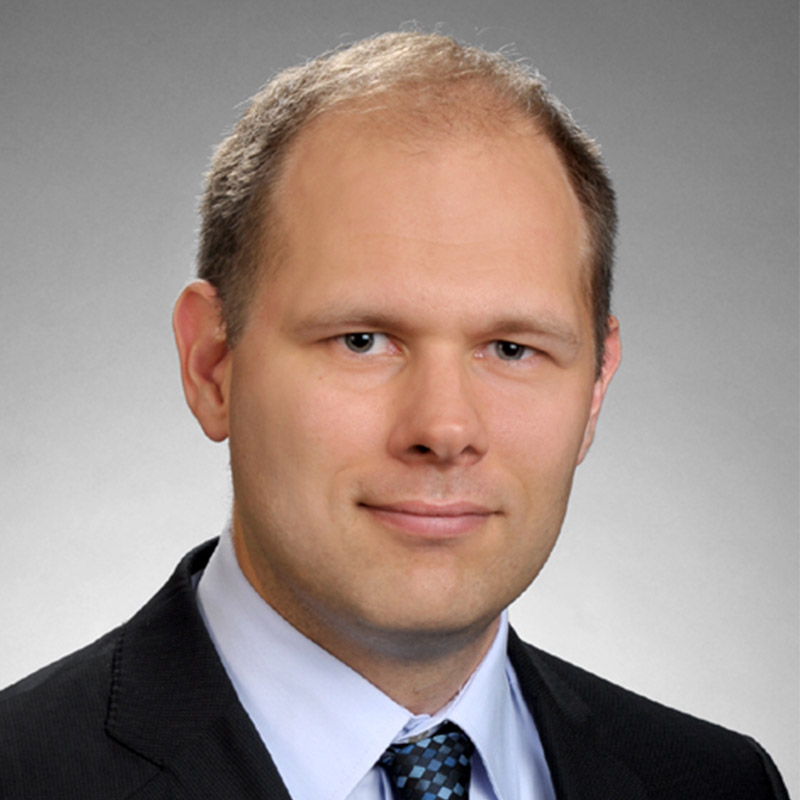
As former Chief Investment Officer Tero was responsible for the research and development of investment strategies and portfolios. His responsibilities included the continued development of the investment platform and the portfolio management of ARTICO funds. Tero is now an independent senior advisor to the firm.
Tero’s background contains several years of experience in global equity portfolio management and prior experience in the areas of software development, quality management and team leadership. Tero holds MsC in computer science from the Helsinki University of Technology and MBA from the Purdue University. Tero is also a CFA Charterholder.
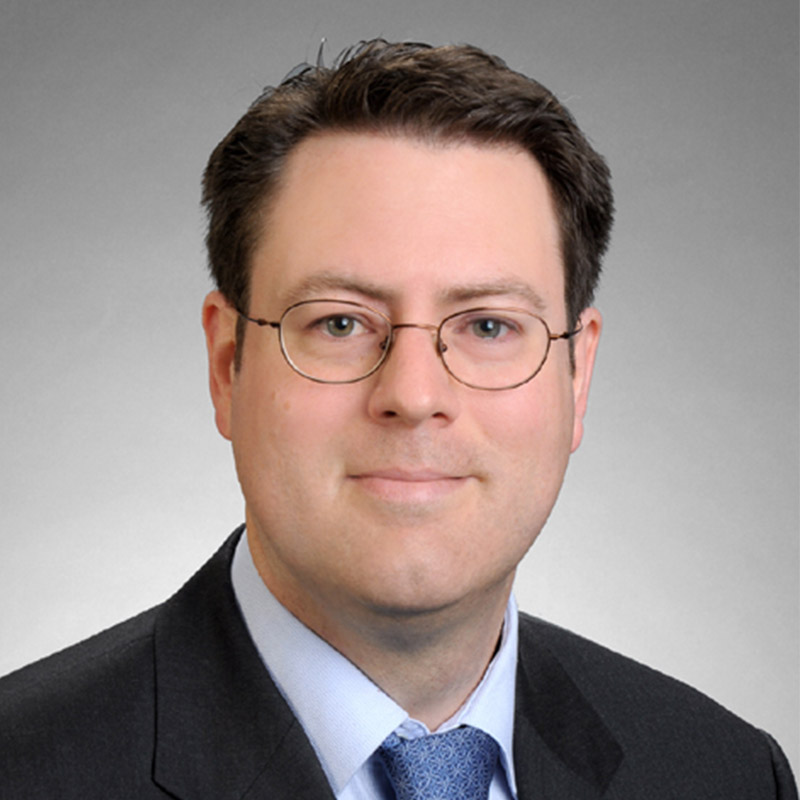
Michael’s main responsibility is the portfolio management of ARTICO funds. His further responsibilities include the development of the investment platform, and research and development of investment products and strategies.
Michael holds diploma certificate in electrical engineering and MBA from the university of South Australia. He has several years of experience in global equity portfolio management and prior experience in software development in the areas of telecommunications, medical engineering and finance.
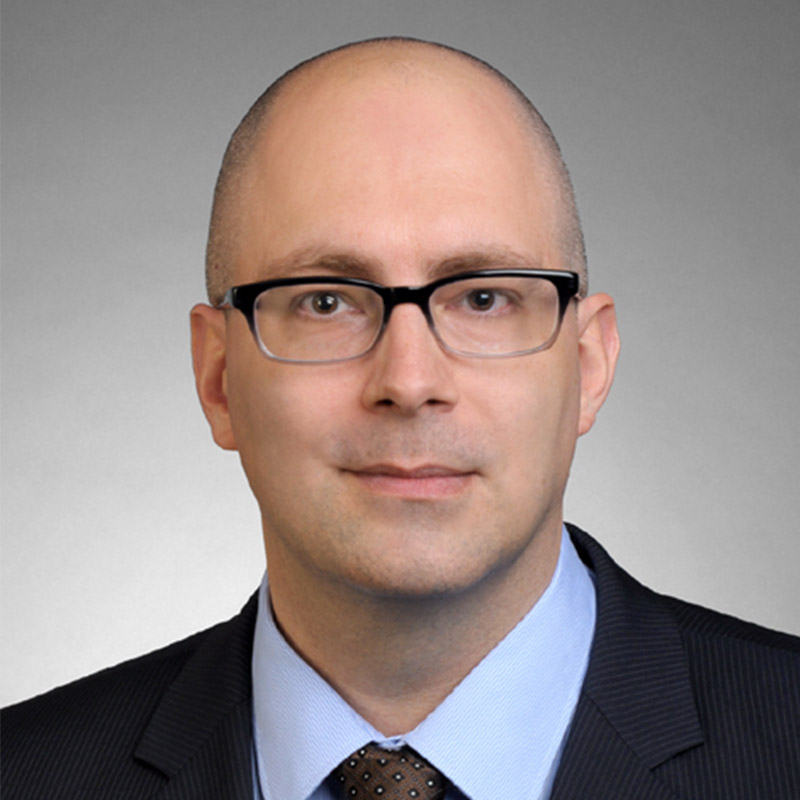
As Chief Operating Officer of ARTICO, Andreas is responsible for the operational part of the investment management, including the fund operations and trading activities.
Andreas‘ background involves several years of work experience in the finance industry, mainly in global equity trading and operations functions. He is holder of Swiss federal diploma in business organization and a diploma in applied psychology.
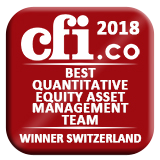
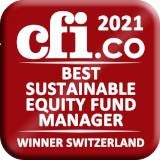
• Despite a continuation of cacophonic policy news flow (health care tariffs, FED Independence, government shutdown), markets appear not impressed